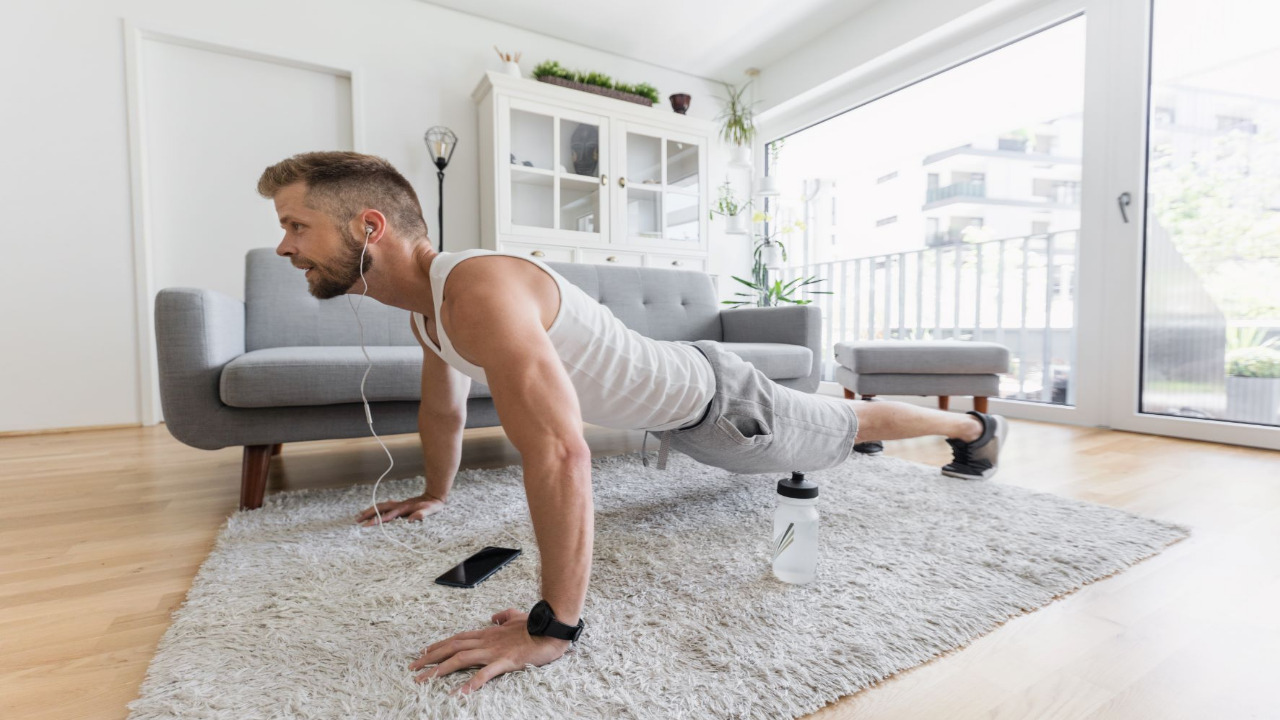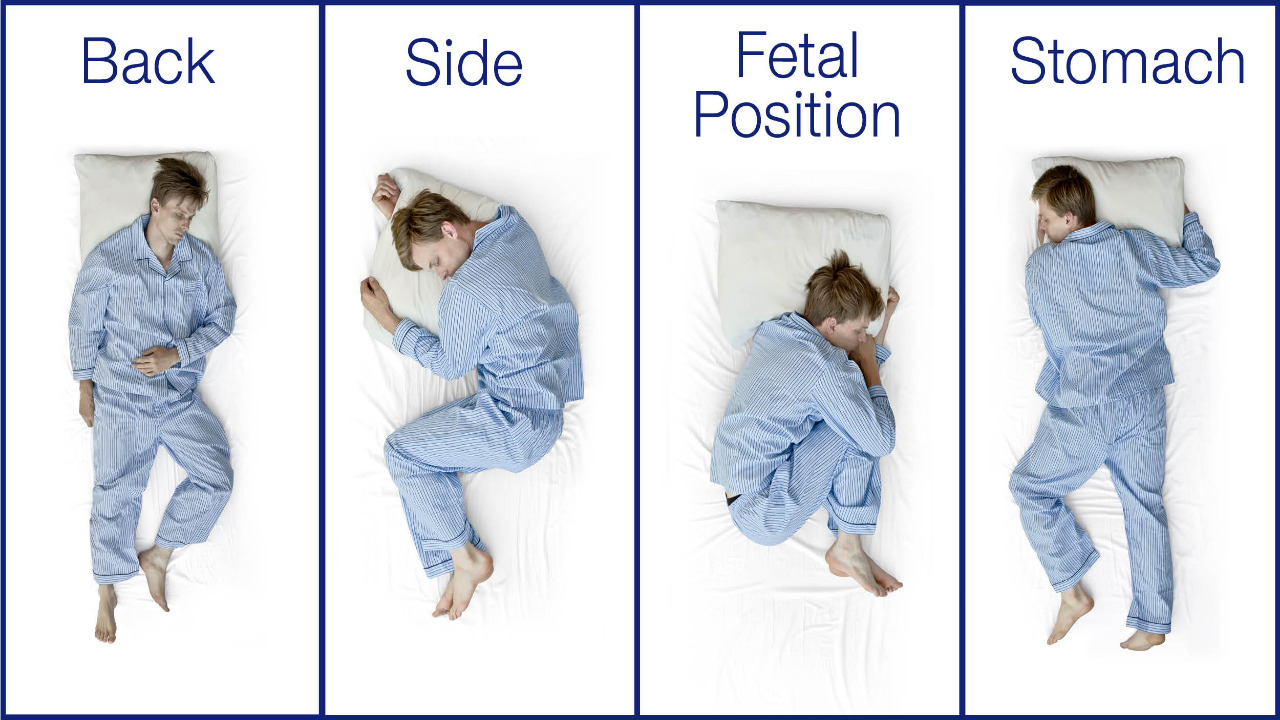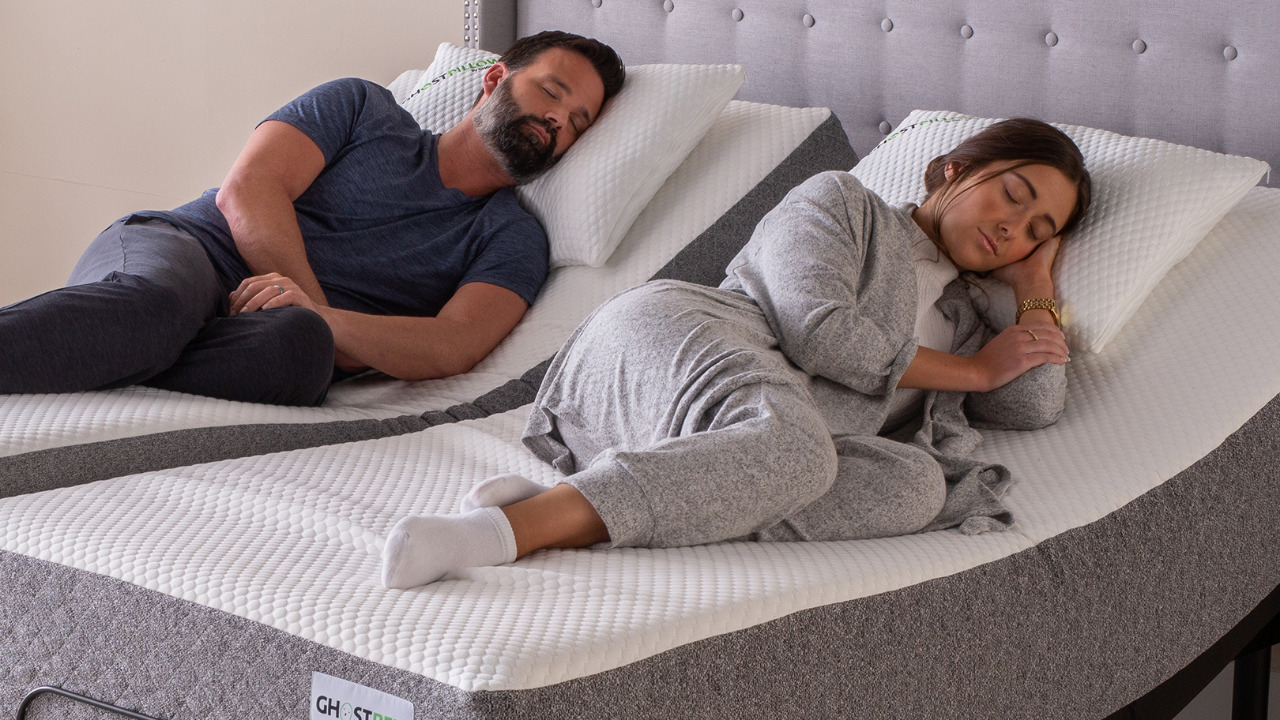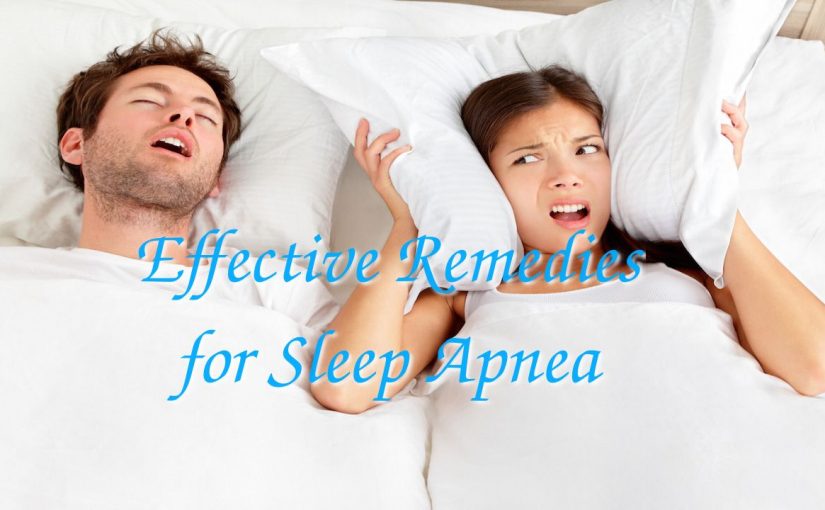Sleep apnea is a medical condition in which breathing stops for periods. These pauses in breath can last for ten seconds or more, and occur as many as hundreds of times a night. Sleep apnea leads to fragmented sleep, poor sleep quality, and many other health problems.
People with such an issue should buy ResMed BiPAP Machines now or choose another appropriate equipment their doctor advises as soon as possible. In recent years, sleep apnea has been the subject of many research studies that have linked it to various health issues, including heart disease, an increased risk for car accidents while driving or operating heavy machinery, depression, anxiety, chronic back pain, and diabetes. Below are the effective remedies for sleep apnea.
Quit drinking alcohol immediately

According to medical professionals, sleep apnea sufferers should abstain from alcohol because of its debilitating effects on the condition. Alcohol is a depressive. Thus, it lowers mental and physical activity, affects mood10, and makes muscles more relaxed. Alcohol consumption has been linked to a relaxation of the muscles lining the airway, leading to loud snoring and interrupted sleep. The occurrence and duration of episodes of stopping breathing can be exacerbated by alcohol consumption. Snoring individuals who do not already suffer from sleep apnea may develop the condition after consuming alcohol.
Get some regular exercises

Although specialists encourage lowering the weight to cure sleep apnea, new evidence suggests exercise can help even if you don’t succeed in cutting calories.
According to a review of research on the topic, physical activity helps people with sleep apnea by decreasing the number of times their breathing is interrupted. In contrast, they sleep and the drowsiness that follows. A major self-reporting study indicated that all forms of exercise, from light walking to rigorous exercise, reduce the incidence of sleep apnea. More study is needed with larger, controlled trials to understand better the most effective forms of exercise for treating sleep apnea.
Inquire your doctor about possible medication side effects

Your doctor needs to closely monitor your treatment plan if you are taking medicine for multiple conditions. If you think the drugs you’re taking make your sleep apnea worse, talk to your doctor about switching to something else. They can look at the therapies you’re already on, determine the best dosage for you, and recommend other options.
Side sleeping position

A body positioning pillow or similar device is often used as a home treatment plan for sleep apnea. These positioners prevent back sleeping, which is why they are so effective. For those who suffer from obstructive sleep apnea, sleeping on their back increases their risk of experiencing an episode.
A side sleeping backpack is a vest-like piece of clothing with a protruding section on the back that can be used as a pillow while you sleep. When carrying a backpack, it is impossible to roll over onto one’s back without having to twist to one side or the other.
Some people find that tying a tennis ball or some other item to their back while sleeping prevents them from turning over and has the desired effect.
However, in one small trial, utilizing the positioner increased snoring for half of the subjects. Because chronic snoring can cause damage to the tissues in the upper airways, this may not be an appropriate option for everyone.
Raise the head of the bed

Reducing apnea episodes may be facilitated by sleeping with the head of the bed inclined at an inclination of around 60 degrees. People with sleep apnea, who experience worsening symptoms when lying on their backs yet have trouble sleeping on their sides, may benefit from this approach.
To get into this posture, all one needs is a bed or chair with a high back that can be adjusted. They can also utilize cushions or a commercially available body wedge to prop up their torso and hence their head.
Conclusion
Sleep apnea is a serious problem that causes you to stop breathing when you sleep. The risk of sleep apnea is greater in people who are overweight or obese, and it can cause serious health issues such as stroke, heart attack, and diabetes.
If left untreated, sleep apnea can lead to these chronic health problems and various mental disorders such as depression and anxiety.

